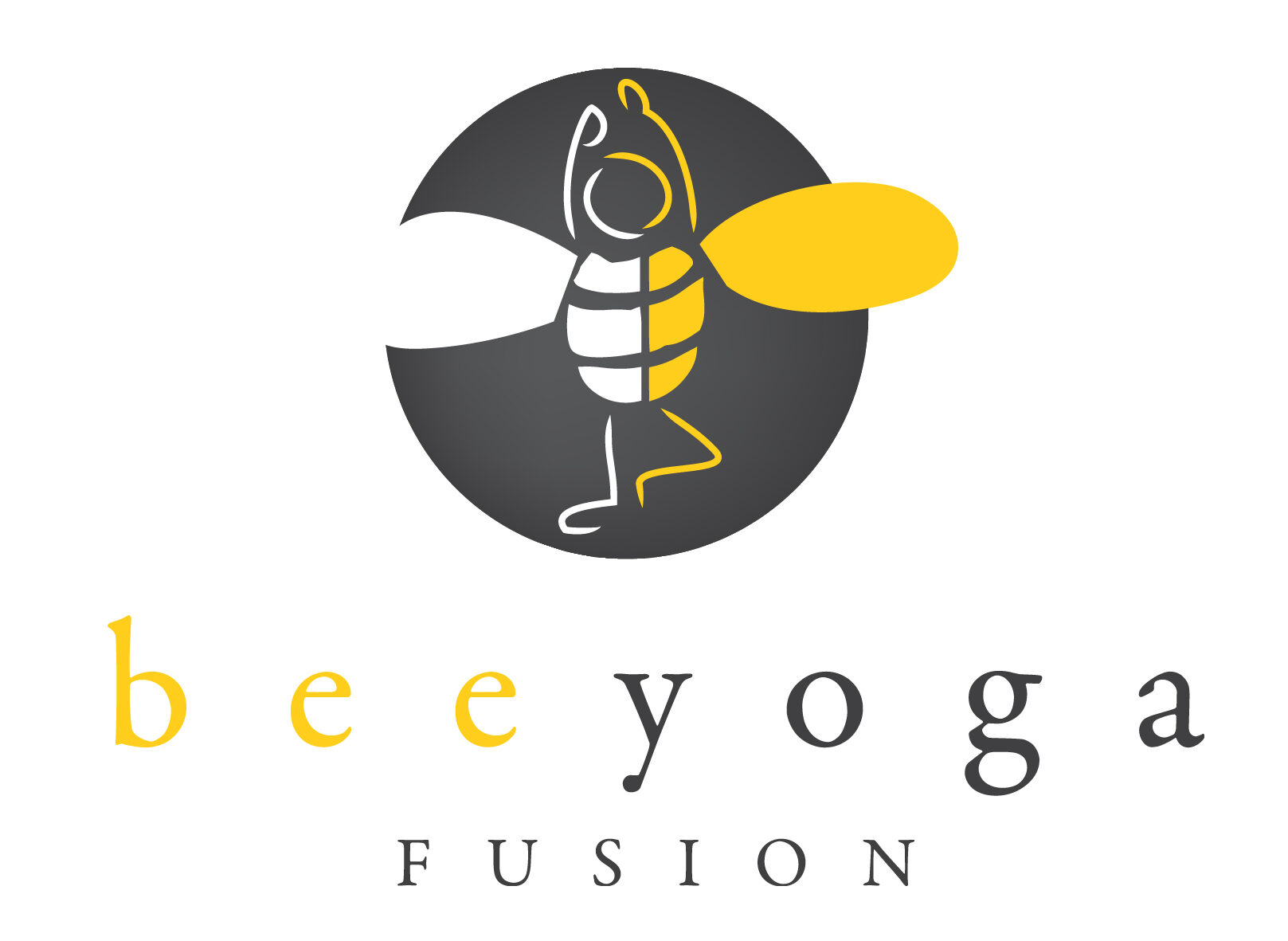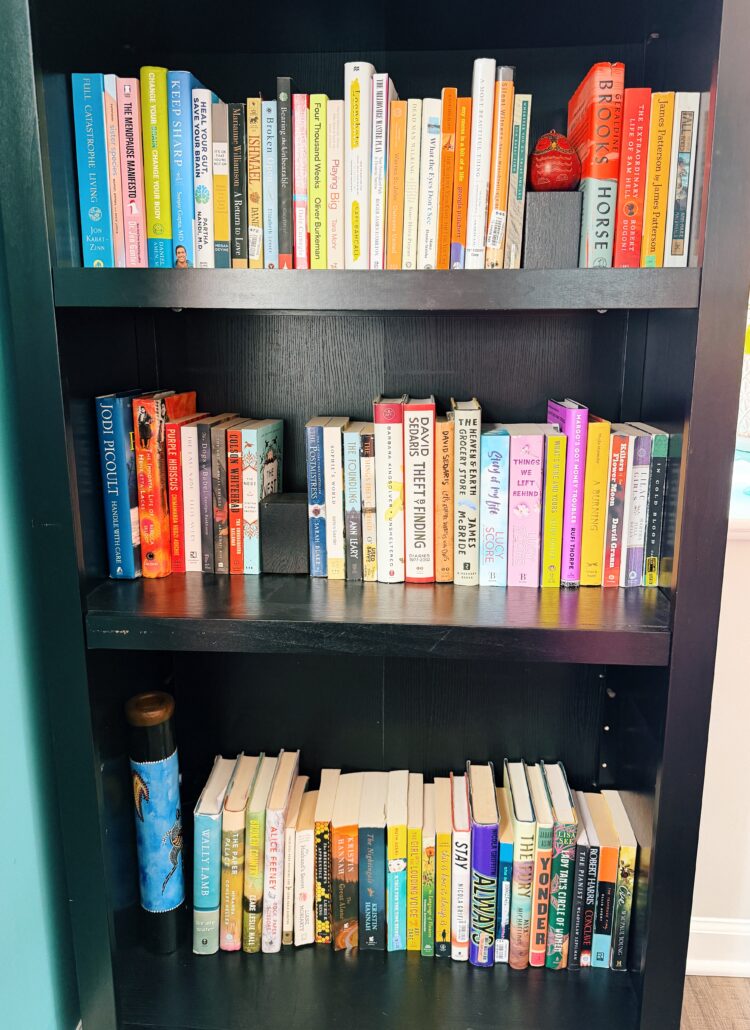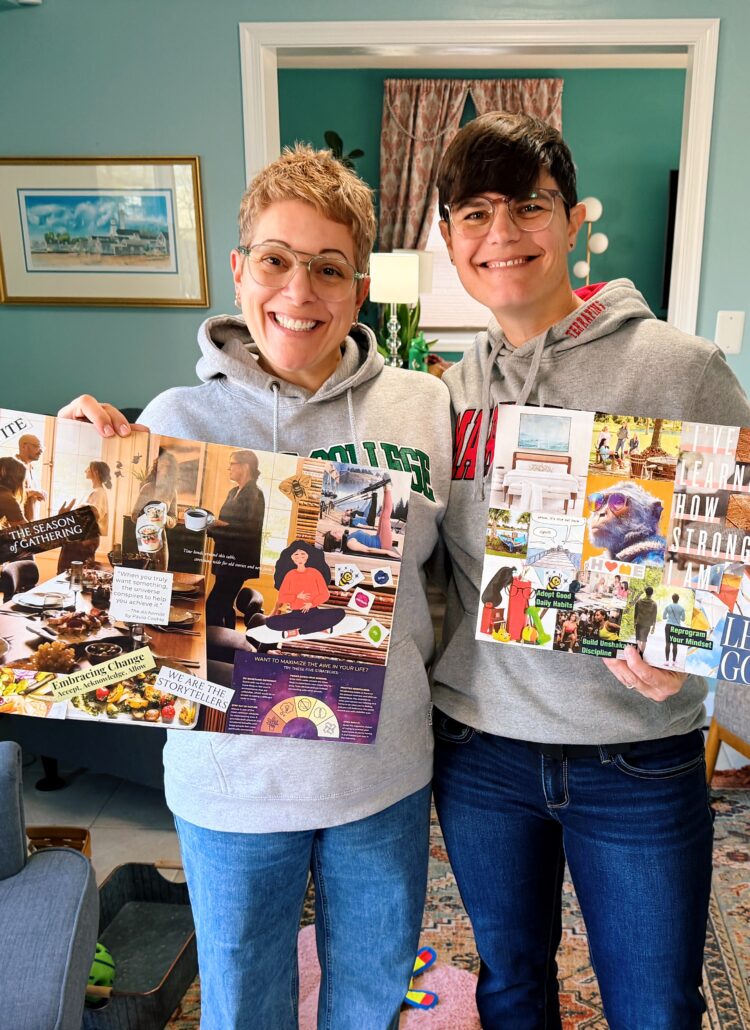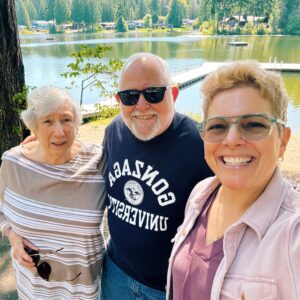I believe deeply in therapy. Over the years, I’ve worked with different therapists to help me process emotions and experiences that life has handed me. Recently, I began seeing a new therapist as I navigate the waves of grief after my dad’s death. This time, I chose a man—a choice that felt tender since I’ve only ever had one male therapist before, and it wasn’t a positive experience. But I was drawn to him for a reason: he’s Jewish. Not only Jewish, but also a rabbi.
My dad was also a rabbi. And something inside me knew that walking this path of grief with someone rooted in Jewish faith would allow me to see my father’s beliefs from a different perspective, and maybe even open new doors in how I hold his memory.
In one session, we talked about forgiveness. I admitted that forgiving people who have died feels easier to me. My therapist asked whether I struggle with closure—whether it unsettles me to know that I won’t get the final word from the other person. I didn’t hesitate before answering: No. In fact, it feels validating to me that my story is the last one told. I don’t need someone to acknowledge that what I felt was real or that my experience was worthy. I can release the burden of needing their validation. I can let it rest.
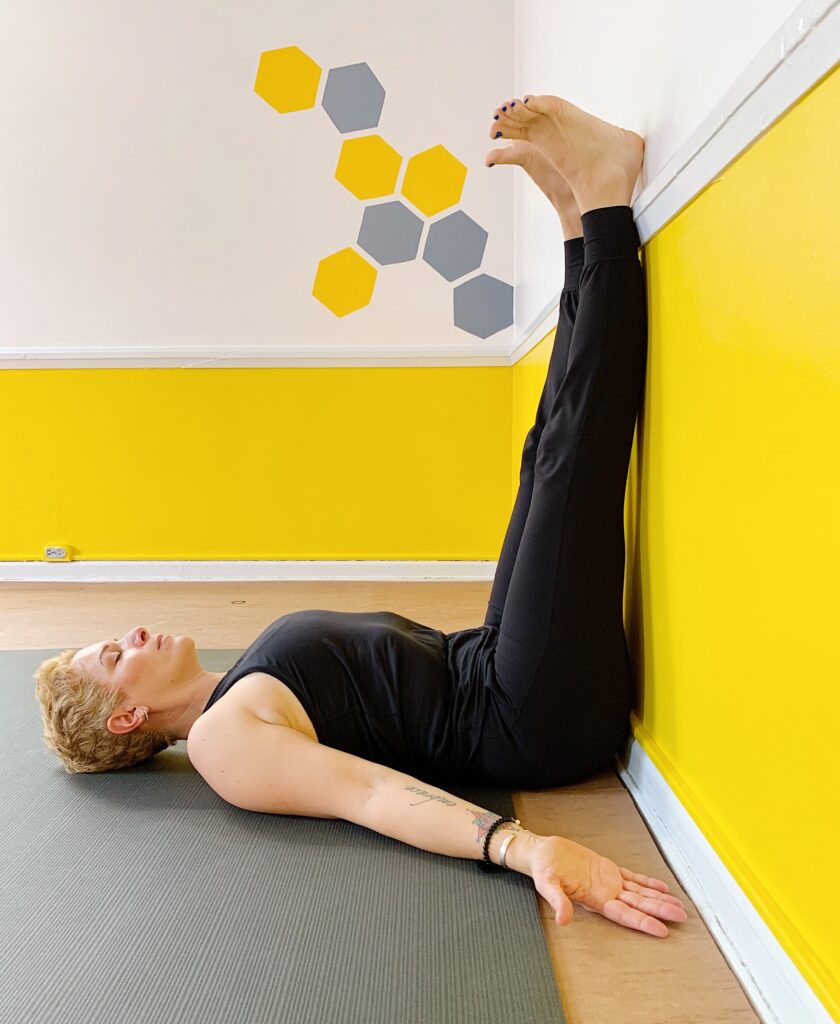
In Judaism, forgiveness is not passive. It is a practice of acknowledging wrongdoing, making amends, and returning to wholeness—teshuvah. In many ways, it mirrors the steps of Alcoholics Anonymous, which also emphasize admitting harm and repairing relationships. Forgiveness is an active turning, a conscious choice to seek alignment with God, with others, and with the self.
This resonates deeply with my yoga practice as well. In the Yoga Sutras, forgiveness is not listed outright, but the principles of ahimsa (non-harming) and satya (truthfulness) guide us toward the same place. To forgive is to stop causing harm, both to others and to ourselves, by carrying resentment like a heavy stone.
Forgiveness is not the erasure of what happened—it’s the choice to set down the stone so that we may walk with more ease.
Both the Jewish tradition and yoga philosophy recognize that forgiveness is work. It isn’t instantaneous, and it doesn’t mean condoning harm. Rather, it is a spiritual discipline: in Judaism, an act of returning to God and community; in yoga, an act of liberation both in the body and spirit.
As I continue to grieve my father, I am learning that forgiveness doesn’t always need another person’s acknowledgment. Sometimes spiritual forgiveness is a private ritual—an offering of compassion, a prayer whispered into the quiet space of the heart, or the mindful breath that helps us let go.
Maybe this is the great gift of faith and yoga practice, that I am invited to return home to myself, to let go of proving. And to trust that release is also a kind of healing.
